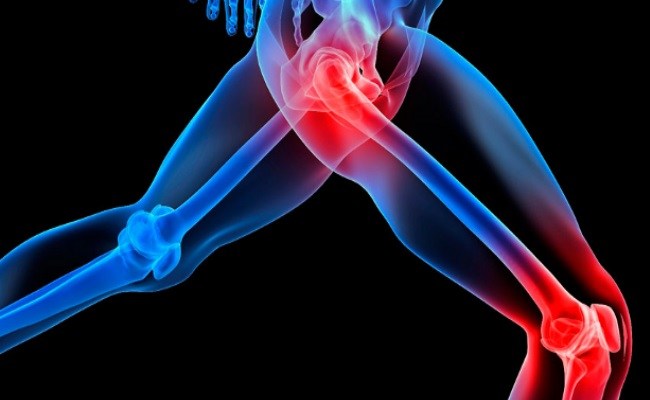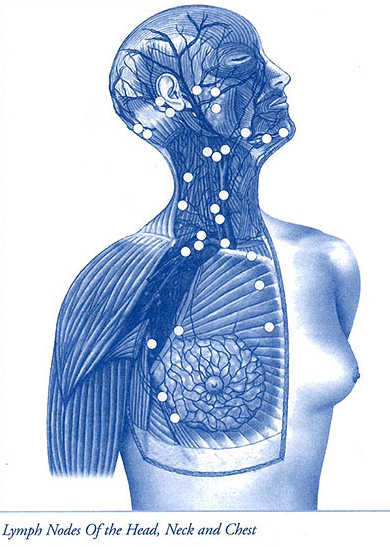
Preparing Parents
The health of your child starts before conception.
As the adage goes, “We are what we eat.” When you’re trying to get pregnant, you would want your body to be as healthy as possible because during pregnancy, your baby literally eats what you eat. A strong baby would grow up to be an intelligent child and every parent wants that. That is why you need to start right – before conception.
Eating right is important from the get-go. Consuming the right foods will not only help secure your baby’s health but it may help you conceive easier.
Here are some healthy tips for mothers and fathers-to-be:
Preconception Preparation for Mothers
- Go on the Detoxification & Rejuvenation Programme (DRP) with your husband. For optimal results, the recommended duration is for two weeks. It is essential to detoxify your body before you decide to get pregnant. Miscarriages and infertility are often directly related to your own toxicity (with a few exceptions). This is true for men as well. Going through a two-week DRP before trying to conceive rids these toxins and helps rebuild your body at the same time.
- Improve your diet. First, and most important, be sure you are getting enough folic acid. Studies show that an adequate intake of this vitamin before you conceive and early in a pregnancy, can dramatically reduce the risk of neural tube defects (such as spina bifida) in the developing infant. Folic acid is found naturally in whole grains and leafy green vegetables. However taking supplemental folic acid is also important. Cut back on junk food and refined sugars and eat more whole grains, fruits, vegetables and low-fat dairy products. Home-made low-fat yoghurt is also highly recommended.
- Shape up, but keep cool. A good exercise programme will tone and strengthen your muscles and condition your body to be ready for carrying and delivering a baby. It will even help you to take off excess weight. Avoid being overheated during workouts. An increase in body temperature could interfere with conception. Keep in mind too that while exercise is good for you, don’t over do it. Excessive exercise can interfere with ovulation.
- Limit your intake of over-the-counter drugs. While most non-prescription medications carry warnings about pregnancy use, consult your doctor before taking them once you’re pregnant.
- Check your prescription drugs. Certain medications used in the treatment of chronic illnesses or disorders are linked to the development of birth defects. If you are taking any medication now, consult with your doctor. Potentially harmful drugs should be discontinued at least a month (or for some, 3 to 6 months) before you start trying to have a baby. Use a safer alternative therapy until your pregnancy is over or when the baby is weaned, so the drugs don’t pose a threat during nursing. Sometimes just a reduction in dosage will do the trick.
- Cut down on alcohol consumption. Heavy drinking can interfere with fertility by disrupting your menstrual cycle. Once you start trying to conceive, stop drinking altogether.
- Quit smoking. Smoking can reduce fertility, making it difficult to conceive. Tobacco is not only hazardous to your pregnancy it also increases the risk of Sudden Infant Death Syndrome or SIDS and possibly cause cancer for the baby. A smoke-free environment is the best gift for your child. Also, alcohol consumption and smoking during pregnancy are linked to higher rates of ADHD in children.
Preconception Preparation for Fathers
- Go on a two-week Detoxification & Rejuvenation Program (DRP).
- Improve your diet. The better your nutrition, the healthier your sperm and therefore the easier for you to conceive. Your diet should mirror your wife’s pre-pregnancy diet – with the caloric intake adjusted to accommodate your size and your levels of activity. Be sure you get an adequate amount of Vitamins C, D and E with zinc and calcium. These nutrients can help with fertility and the health of your sperm. Take supplements while you are attempting to conceive. Make sure your supplements include folic acid. A shortage of this nutrient in fathers-to-be has been linked to a decrease in fertility and birth defects.
- Change your lifestyle. Research shows that excessive amounts of alcohol by the male partner prior to conception could prevent pregnancy or lead to a poor pregnancy outcome. Daily heavy drinking can apparently damage sperm, reduce their numbers and alter testicular function and reduce testosterone levels. Heavy drinking (or 2 drinks a day or five on any one day), during the month prior to conception can also affect your baby’s birth weight.
- Kick the butt habit. Smoking reduces the number of sperm, making conception more difficult. In addition, quitting now will improve the health of everyone in your family as second-hand smoke is nearly as dangerous as smoking itself. Smoking can, in fact, increase your baby’s risk of death from SIDS.







